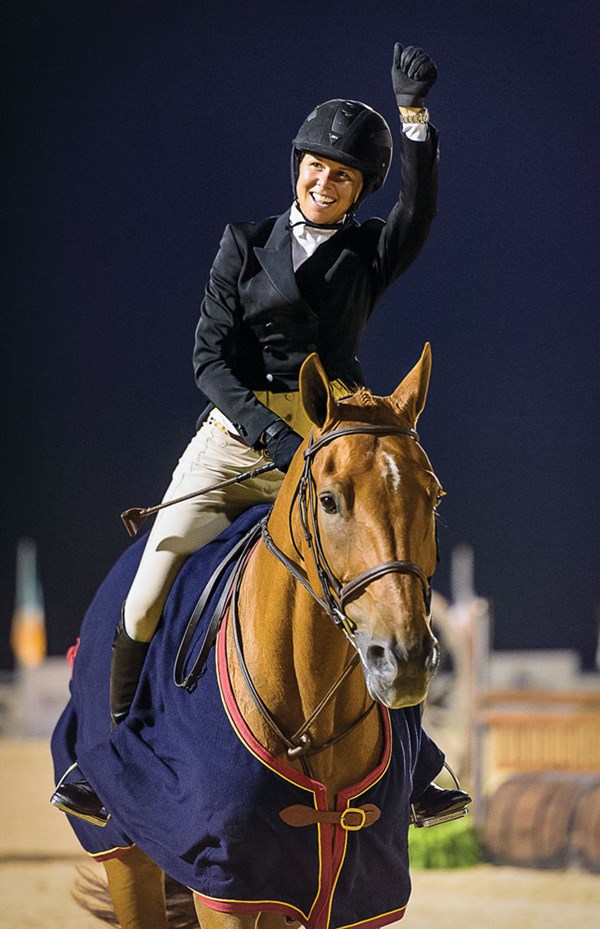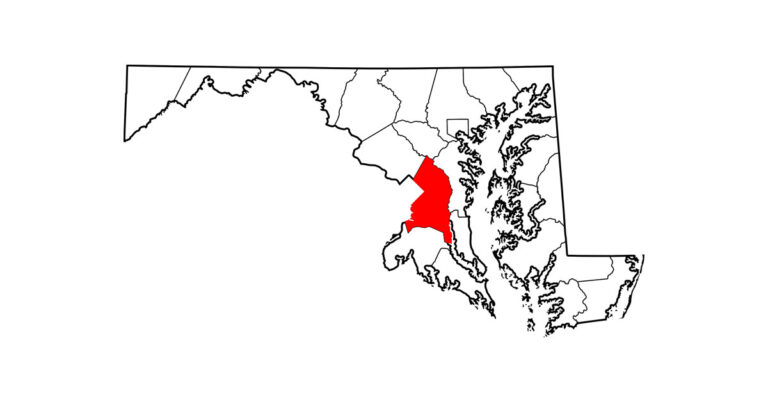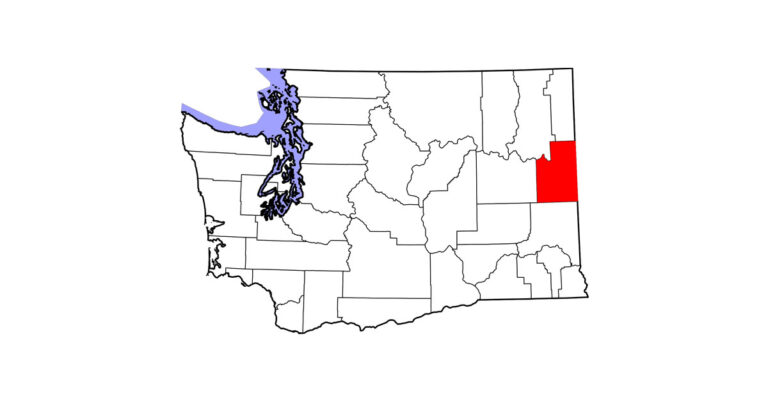
Have you ever had a fabulous day where you felt in sync and confident with your horse, and the very next day scrunched your face in exasperation when it felt like you couldn’t ride your way out of a paper bag? It may feel bewildering to go so quickly from one extreme to another. The thing to remember is that your preparation, inspiration and focus all help to create those great days; they don’t just happen when the stars align or because you wore your lucky socks. In fact, you are using mental skills every time you ride, even if you don’t realize it or label them as such.
So, how do you prepare to connect with your horse and ride your best? What tools do you use to focus and stay in the moment while you are riding? Helping you understand what mental skills you naturally utilize is a core part of my coaching philosophy. Therefore, I want to kick off this new column on sport psychology by helping you take stock of what you have in your mental-skills toolbox. Our goal is to identify your tools and organize them so they are easy for you to use.
Liza Boyd’s Tools For Success
Let’s begin with an example of a rider who knows her personal process well and reaps the benefits. Liza Boyd and her horse Brunello have won the U.S. Hunter Jumper Association International Hunter Derby Championship for a record three years in a row. This consistency is incredibly impressive and inspiring, and it is abundantly clear that she is someone who can dial in her best performances when it counts. Here’s what she recently said she does:
“At big competitions I know my routine. I have to get enough sleep, and I have to eat healthy. I’ll close my eyes and visualize the course … I try to keep the positive things going [instead of] the ‘what ifs.’ Recently I’ve also started doing some belly breathing, which I find really helpful—it conserves a lot of energy. I’ll get time by myself to sit in the golf cart, rest and look at the course chart.
“All of this has come from stuff that I have learned and read … reading a lot of what these top riders do or articles I see on Facebook. In this sport, you always keep learning and you always keep making yourself better. At this level, it is all in your mind. We’re all good and our horses are all good, so to have that edge is key.”
Understand Your Natural Mental Skills
“Wait a minute,” I hear some of you saying. “What mental skills? I’ve never read a book on sport psychology or talked with a coach—I don’t think I even have a true preparation routine.” No matter. Trust me, you have mental skills even if you didn’t learn them formally.
For example:
• Do you imagine your course/test/ride before you ride it? (Visualization)
• When you feel nervous, do you take deep breaths in order to handle your butterflies? (Energy management)
• Do you keep a log or journal to plan and/or track your rides? (Goal setting and reflective practice)
• Do you encourage yourself before you ride a tough exercise? (Positive self-talk)
The big question: Is it possible that the tools you have can help you even more than they do now? Most likely the answer is yes. When you understand what skills work for you it is possible to use them more consistently and be mindful that they are fine-tuned and polished.
Identify Your Skills
Think through five of your best recent rides. Ideally, they are from both training and competition. For each memory, jot down the place, situation and what happened. Let yourself paint the full picture and relive the memory for a few minutes. Enjoy the scene and feel the positive emotions associated with the experience.
Next, delve deeper into each memory, asking yourself what you can remember about the attitude you carried into those rides and how you prepared for them. Assess each ride with these questions:
1. What specific things did you do before you got on your horse? Examples: Watched the lesson before yours to see what exercises you might do that day, remembered the highlights from your last ride when you groomed your horse, etc.
2. What did you focus on before and/or during the ride that may have contributed to your success? Examples: Made sure you exhaled before every transition, said to yourself, “We can do this!” or “I’m so happy to be here.”
3. What physical preparation do you remember (nutrition, hydration, energy level, body awareness, etc.)? Examples: Stretched out your calves and hamstrings, ate a banana, etc.
4. What habits did you use to keep yourself focused and in sync with your horse? Examples: Spent extra time walking your horse before your lesson, asked your trainer to help you choose two small goals for that day, etc.
5. What general factors stand out in your memory (coincidence or not) that you feel helped you ride well that day?
Examples: Your favorite song came on the radio on your way to the horse show, you left your cell phone in the car, etc.
As you review your answers, take a moment to appreciate all of these memories. They are examples of ways in which you are supporting yourself as a horseperson and athlete—well done! Identifying these memories and understanding how they help you will enable you to utilize them consistently.
Organize Your Skills
Now that you have some concrete examples of your mental skills and pre-ride preparation items, take stock of them and make a list. For example, did you notice the positive things you said to yourself, or that you stayed focused on two simple things before you started your course/test, or that you made sure to eat a well-rounded breakfast?
After you have your list, organizing your skills into a few categories in order to see them clearly can be helpful. (You may also notice some fresh motivation to expand your skill set when you see areas that could use additional tools.) Be creative with your organization, but sample categories may include:
• physical preparation
• mental preparation
• focus tools during your ride
• syncing with your horse.
Another way to organize your skills, or a great next step, is to make a brief list that is arranged in the order you will actually do them. In effect this is the first draft of a pre-ride routine.
Here’s a sample schedule for a weekend lesson:
• stretch and do yoga at home
• breakfast with protein
• fun music playlist in the car on the way to the barn
• review two small goals while grooming and tacking up
• use breathing techniques when first getting on horse to adjust my energy level up or down as needed.
Post these lists in places you will see them frequently as positive reminders of your power to influence your mental strength on any given day. For example, it may be handy to see the list in the lid of your tack trunk or in your closet near your riding clothes.
Stumped? Inspire Yourself to Try New Things
Just in case you couldn’t think of a single thing you do to prepare for your rides (besides go the barn, tack up and get on your horse) rest assured, it’s OK! This simply demonstrates that there is room for some experimentation, creativity and tracking as you go forward. It may be a good time to do some sport psychology reading, talk to friends or your trainer about what they do to get ready or experiment in your upcoming rides.
Remember that motivation and curiosity to explore new concepts are the best ingredients to improving your mental skills for riding. In the coming months, we will continue to fine-tune the awesome tools you already have as well as add new ones to your toolbox.
This article originally appeared in the January 2016 issue of Practical Horseman.










